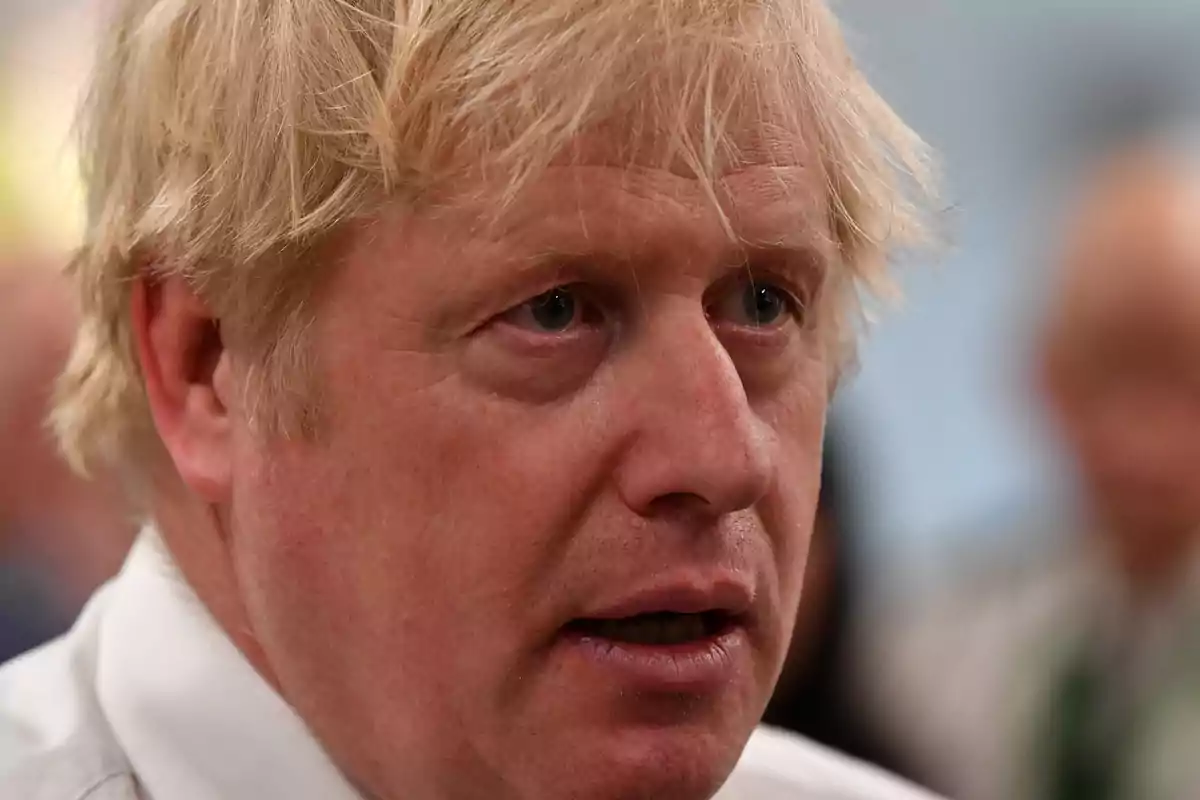Today, 23 June 2024, marks eight years since the historic 2016 referendum in which the UK decided to leave the European Union. With 51.9% of votes in favor of leaving and 48.1% against, the decision to leave the European Union, known as Brexit, has had profound and varied consequences for the country. Over the years, the United Kingdom has experienced a number of important changes in its economy, politics and society. In this article, we look at the background, voting, options and candidates, as well as the consequences of Brexit.
The UK has always had a complicated relationship with the EU. Despite its membership since 1973, there has always been a large section of the British population and politicians who have viewed the European project with suspicion. These feelings worsened as the EU expanded eastward and immigration increased, especially after the financial crisis of 2008. The Conservative Party, under the leadership of David Cameron, promised to renegotiate the UK’s position on the EU and subject the outcome to a decisive decision. Referendum. Increasing pressure from Eurosceptics within the party and the rise of UKIP, led by Nigel Farage, were crucial factors in Cameron keeping his promise.
On June 23, 2016, British citizens went to the polls to decide their country’s future in the European Union. The previous campaign was characterized by intense polarization and heated debates. The choices were clear: “Remain” (remaining in the European Union) and “Leaving” (exiting the European Union). The campaign to remain in the EU was supported by Prime Minister David Cameron, Jeremy Corbyn’s Labor Party, the Liberal Democrats and many prominent figures in business and academia.
They argued that EU membership benefited the UK economy, provided stability and allowed influence on European decisions. On the other hand, the pro-Leave campaign was led by figures such as Boris Johnson, Michael Gove and Nigel Farage. They promised to restore sovereignty and border control and redistribute the funds sent to the European Union. One of his most controversial claims was that the money saved would go to the National Health Service (NHS).
Brexit has had a major impact on the British economy. In the short term, uncertainty caused the pound to fall and affected financial markets. In the long term, leaving the single market and customs union brought new challenges to trade. British companies face greater barriers to accessing European markets, and many have had to adapt to new regulations and customs procedures.
The UK signed new trade agreements with many countries, but they did not fully compensate for the loss of access to the European market. The British economy has shown signs of slowing compared to its performance before the referendum, and some sectors, such as manufacturing and financial services, have been particularly hard hit.
Brexit has redefined the British political landscape. The division between those who supported leaving and those who favored remaining in the European Union further polarized the country’s politics. After the referendum, David Cameron resigned and was succeeded by Theresa May, who struggled to reach a Brexit deal acceptable to both the British Parliament and the European Union. His failure to gain the necessary support led to his resignation, and Boris Johnson assumed leadership, eventually taking the United Kingdom out of the European Union on 31 January 2020.
Brexit also had profound social impacts. This has exacerbated divisions within British society, not only between those who voted Leave and Remain, but also in terms of geography and age. Tensions have risen in Northern Ireland, jeopardizing the achievements of the Good Friday Peace Agreement, over the complex border issue with the Republic of Ireland.
Immigration from the European Union has declined, and new immigration policies have focused on attracting talent from outside Europe, which has changed the profile of immigrants coming to the United Kingdom. Meanwhile, many EU nationals living in the UK have chosen to return to their home countries or seek opportunities elsewhere.
At the international level, the United Kingdom sought to redefine its role in the world. Britain’s “global Britain” policy has attempted to position the country as an independent player, signing new trade agreements and seeking to strengthen alliances outside Europe. However, the relationship with the EU remains crucial and complex, with ongoing negotiations on issues such as fisheries, security cooperation and trade.
Eight years after the Brexit referendum, the United Kingdom is at a crossroads. The decision to leave the European Union had profound repercussions for all aspects of British life. While some of the goals promised by Brexiteers were achieved, such as restoring sovereignty and border controls, the economic and social costs were significant. The future remains uncertain, and the UK continues to adapt to the new reality outside the European Union.

“Freelance social media evangelist. Organizer. Certified student. Music maven.”










